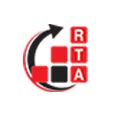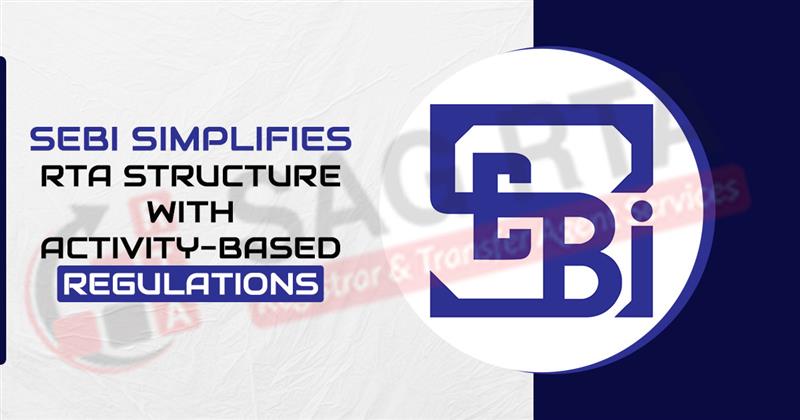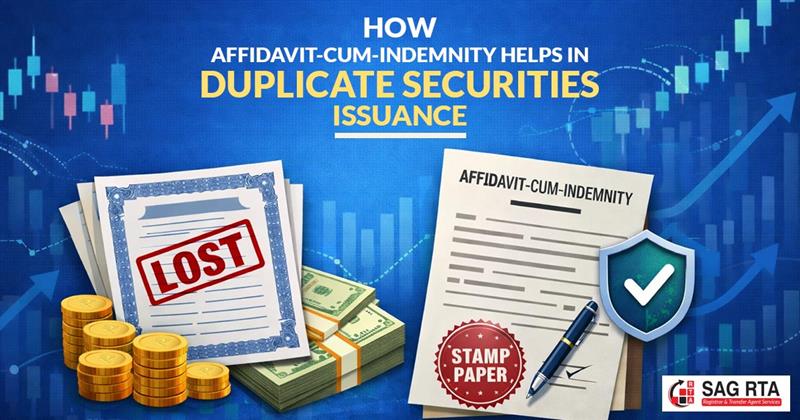For Registrars and Transfer Agents (RTAs), SEBI has proposed rolling out activity-based norms, under which the services provided to listed companies fall within its statutory ambit, while those for unlisted firms will be governed by the Ministry of Corporate Affairs (MCA).
RTAs that cater to both listed and unlisted entities shall be needed to build a Separate Business Unit (SBU) for unlisted services.
Registered Transfer Agents (RTAs) that serve both listed and unlisted entities will need to create a Separate Business Unit (SBU) specifically for unlisted services. According to SEBI’s consultation paper, these SBUs should be established within 18 months of the implementation date.
RTAs must ensure complete operational separation between the listed and unlisted businesses.
“While registrations shall continue to be granted by Securities and Exchange Board of India, services provided by RTAs to unlisted companies will be overseen by the MCA. The MCA will handle investor complaints about unlisted securities,” the regulator stated.
SEBI has proposed merging the two existing categories, Registrar to an Issue (RTI) and Share Transfer Agent (STA), into a single category called ‘Registrar & Transfer Agent‘ with a common, updated depiction. All RTAs must have a uniform net worth of Rs 50 lakh.
At present, Category I RTAs perform both RTI and STA functions, and Category II manages either one of these tasks. The same categorization has been seen as outdated, given the near-complete phase-out of physical share transfers.
SEBI (Securities and Exchange Board of India) has proposed an internal control and fraud prevention system within RTAs for averting fraud. The same shall comprise CEO/MD accountability, audit committee oversight, surveillance systems for fraud detection, a whistleblower policy with protection for complainants, and KYC-based monitoring of investor identity.
At present, no formal system exists within RTAs to detect or prevent fraud and physical shareholding, though limited, it still has fraud risk.
The regulator has asked to form securities premium in the net worth calculation for RTAs, aligning with net worth definitions in the Companies Act, 2013.
At present, consideration for only free reserves available for dividends is there, while the securities premium, which was included earlier under the Companies Act, 1956, is now excluded under the current rules.
From the data, at present, SEBI-registered Registrar and Share Transfer Agent that furnish services to nearly 35,000 unlisted companies, whereas they serve merely about 4000 listed companies.
The jurisdiction of the Securities and Exchange Board of India is confined to securities that are listed or proposed to be listed on a recognized stock exchange; it does not secure the authority to manage activities of RTA pertinent to the unlisted companies.
At the time of IPOs and other share-related activities, RTAs manage back-end operations for companies. Their role is to include issuing allotment letters and certificates, managing investor records, and managing share transfers and redemptions.
They represent companies under a Principal-Agent relationship, but companies are still accountable for compliance with the Companies Act, 2013.
As the dematerialization of shares becomes the norm, with less than 1% of shares remaining in physical form, the role of the RTA has significantly reduced, primarily in the area of share transfers, SEBI remarked.









